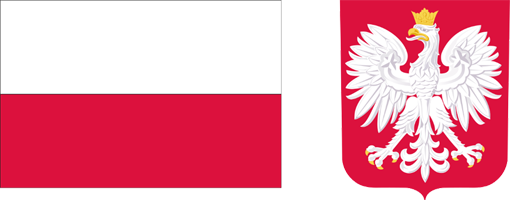Current issue
Archive
About the Journal
Aims and Scope
Advisory Board
Members of the Editorial Board
List of reviewers
Publishing process
Publishing Ethics and Malpractice Statement
Personal data protection (GDPR)
Creative Commons License
CrossRef Member / Similarity Check
For Authors
Call for papers
Guidelines for authors
Submitting a manuscript through the editorial system – step by step
For Reviewers
Peer review process
Guidelines for reviewers
Submitting a review – step by step
Contact
RESEARCH PAPER
EU BUDGET NEGOTIATIONS IN THE SHADOW OF THE JUSTE RETOUR RULE
1
Instytut Ekonomiki Rolnictwa i Gospodarki Żywnościowej – Państwowy Instytut Badawczy Warszawa
2
Wyższa Szkoła Europejska im. ks. J. Tischnera Kraków
Acceptance date: 2016-12-06
Publication date: 2016-12-06
Zagadnienia Ekonomiki Rolnej / Problems of Agricultural Economics 2016;349(4):3-23
KEYWORDS
ABSTRACT
This article characterises national preferences of the EU Member States in previous negotiations on the EU Multiannual Financial Framework (MFF) and analyses them in the context of both budget negotiations for the 2021-27 period and the future of the European integration. It has been concluded that the EU Member States preferences concerning the shape and size of the EU budget after 2020 will remain differentiated. The changing balance of payments and receipts to and from the EU budget will determine how the EU Member States assess the need to finance specific measures and actions at the EU level. Recent EU budget beneficiaries, currently on the path to reach the level of wealth of the net payers, will join the group of countries wishing to freeze the EU budget. The worsening budgetary position of many net payers will also probably strengthen their reluctance to continue financing the EU activities. The growing Euroscepticism of European societies will certainly hamper negotiations directed towards increasing the effectiveness of the EU budget. As a result, political conditions and social preferences will build up the pressure to reduce the EU budget in the future. Also, it is hard to expect any significant transformation in the structure of the EU spending in the years to come. On the one hand, Member States recognise the importance of new funding priorities (e.g. to deal with new threats), on the other, they are against increasing the EU budget. Therefore, the scenario of financing new priorities, basically from national budgets, is quite possible. This, in the longer term, will negatively affect the position and role of the EU in the world.
We process personal data collected when visiting the website. The function of obtaining information about users and their behavior is carried out by voluntarily entered information in forms and saving cookies in end devices. Data, including cookies, are used to provide services, improve the user experience and to analyze the traffic in accordance with the Privacy policy. Data are also collected and processed by Google Analytics tool (more).
You can change cookies settings in your browser. Restricted use of cookies in the browser configuration may affect some functionalities of the website.
You can change cookies settings in your browser. Restricted use of cookies in the browser configuration may affect some functionalities of the website.



